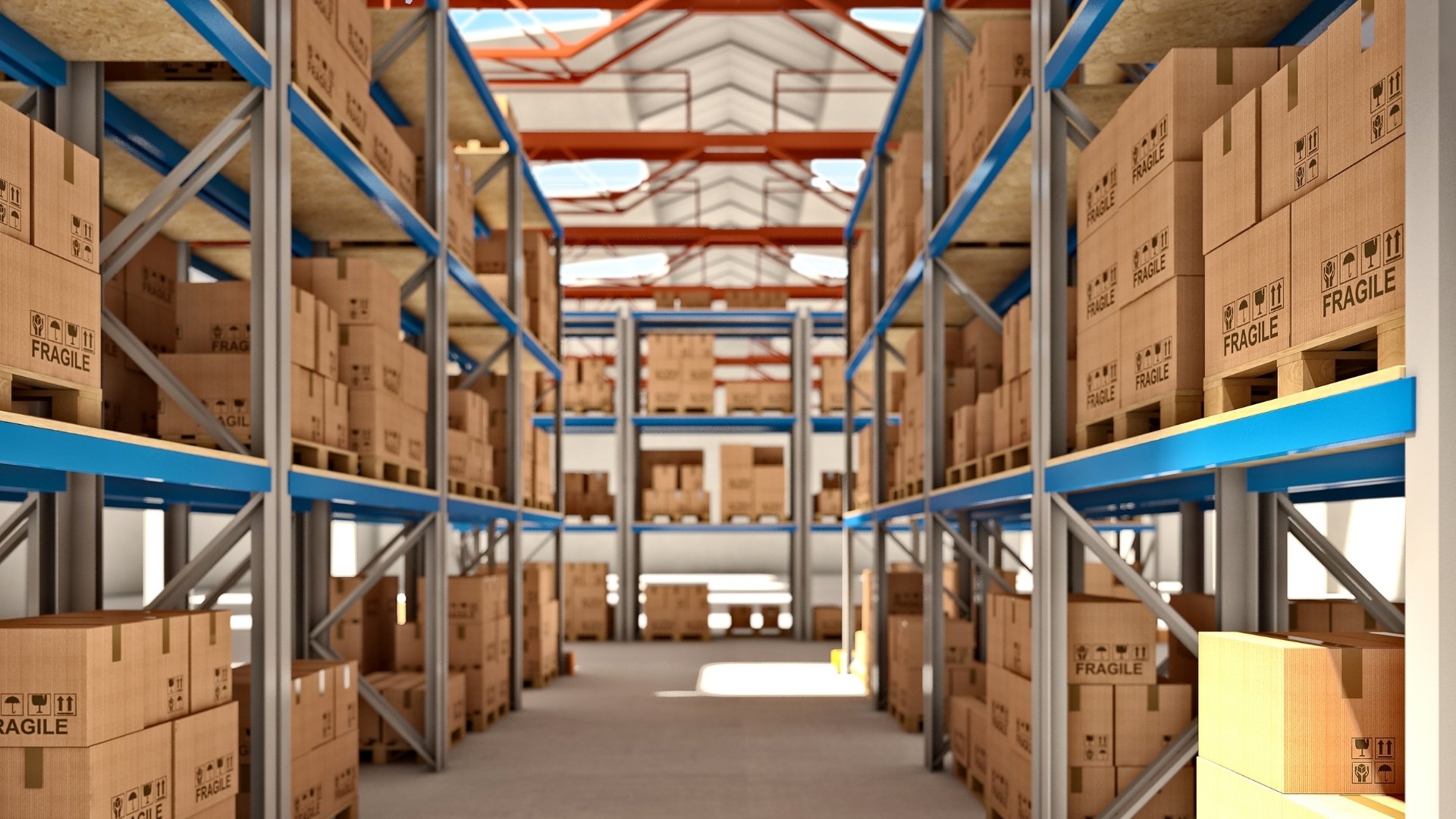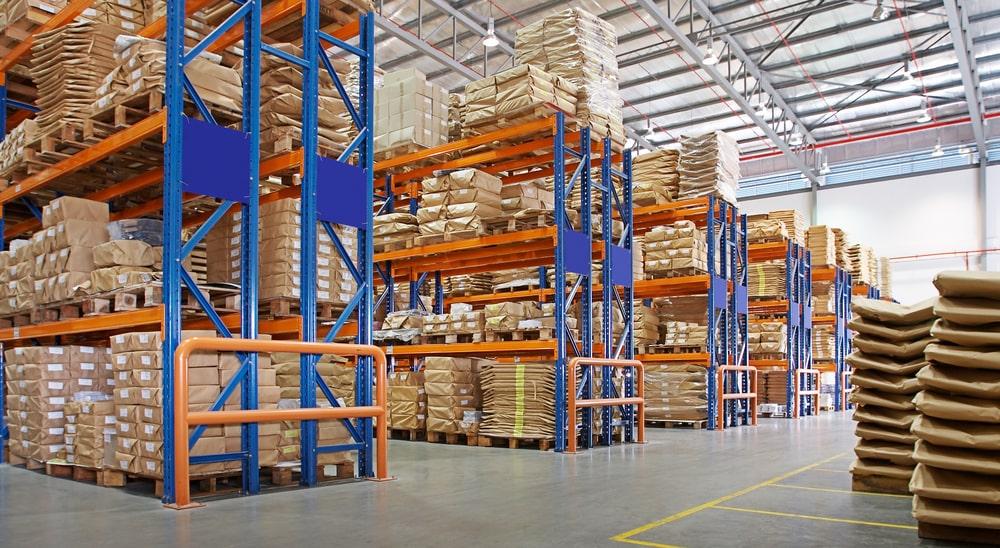In today’s fast-paced and ever-evolving marketplace, efficient warehousing solutions play a crucial role in the supply chain management of businesses across various industries. As organizations strive to meet the increasing demands of consumers while minimizing operational costs, understanding the significance of warehousing capabilities becomes imperative. From inventory management to order fulfillment, leveraging the right warehousing strategies can drastically improve productivity and customer satisfaction.
This article explores the various types of warehousing solutions available, highlighting their benefits and the technological advancements driving innovation in this sector. Whether businesses opt for traditional warehousing or embrace automated solutions, the effectiveness of their warehousing operations can significantly influence their competitive advantage, making it essential to stay informed about the latest trends and best practices in the industry.
Types of Warehousing Solutions
Various types of warehousing solutions are available to cater to different business needs. Traditional warehousing typically involves large-scale storage facilities where goods are manually handled. However, the rise of e-commerce has led to a surge in demand for more specialized options, such as climate-controlled warehouses for perishable goods or cross-docking facilities that minimize storage time. Additionally, many companies are now adopting automated warehouses equipped with advanced technologies, including robotics and artificial intelligence, to streamline operations and reduce human error. This evolution in warehousing not only enhances efficiency but also supports faster order fulfillment, ultimately resulting in improved customer satisfaction.

Benefits of Modern Warehousing
Implementing modern warehousing solutions brings numerous benefits, including cost savings and increased operational efficiency. By leveraging automation and data analytics, businesses can optimize their inventory management, ensuring that stock levels are accurately maintained and reducing holding costs. Furthermore, innovative warehousing strategies, such as Warehousing And Storage Melbourne, provide tailored solutions for geographically specific needs. This adaptability allows companies to respond swiftly to market changes and consumer demands, giving them a competitive edge. Overall, investing in the right warehousing infrastructure leads to not only operational improvements but also enhanced service delivery to customers.
In conclusion, as businesses navigate the complexities of the modern marketplace, the strategic implementation of advanced warehousing solutions becomes increasingly vital. By choosing the right type of warehousing—whether traditional, automated, or specialized—companies can optimize their inventory management, enhance efficiency, and better meet customer demand. The integration of technology within warehousing operations not only streamlines processes but also paves the way for improved accuracy and faster fulfillment times. Ultimately, as organizations prioritize innovative warehousing strategies, they not only position themselves to thrive in a competitive landscape but also foster greater customer loyalty and satisfaction, reinforcing the indispensable role of effective warehousing in the overall supply chain.








